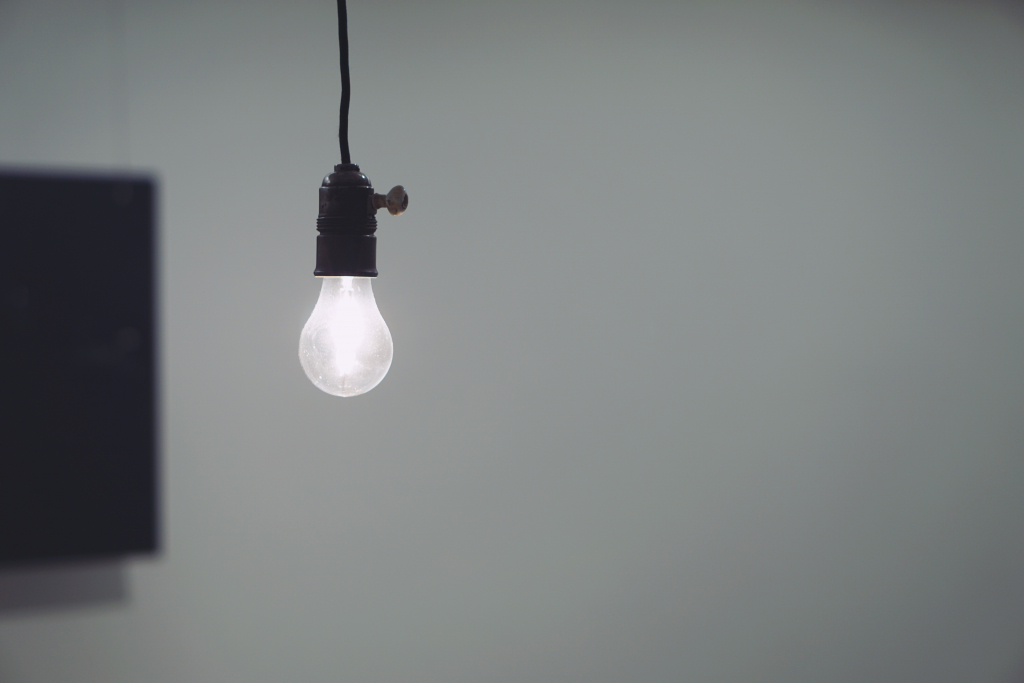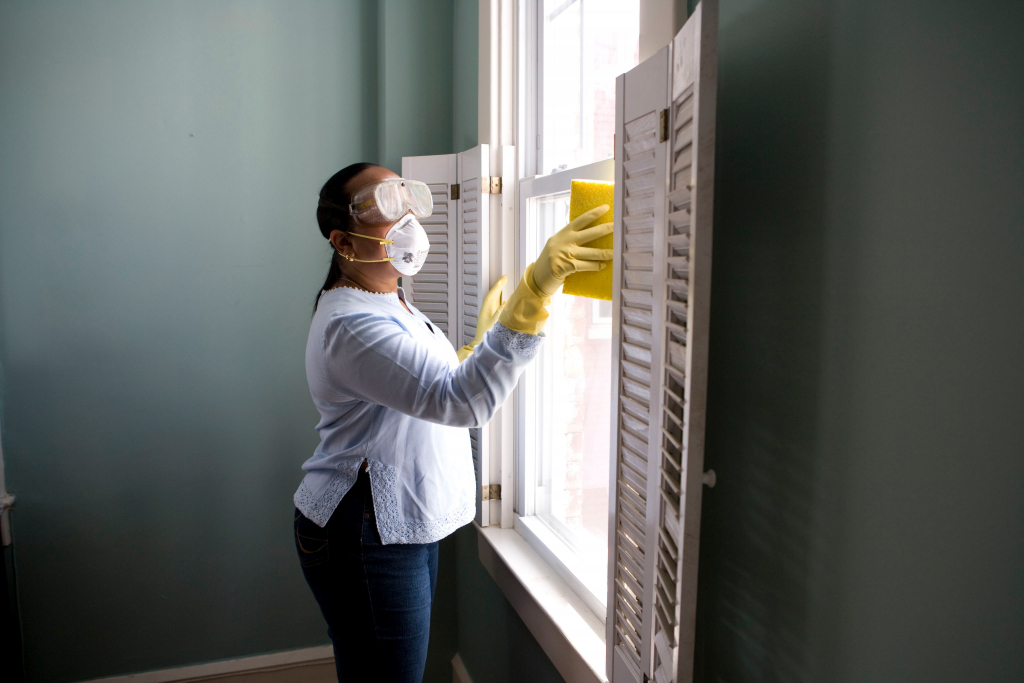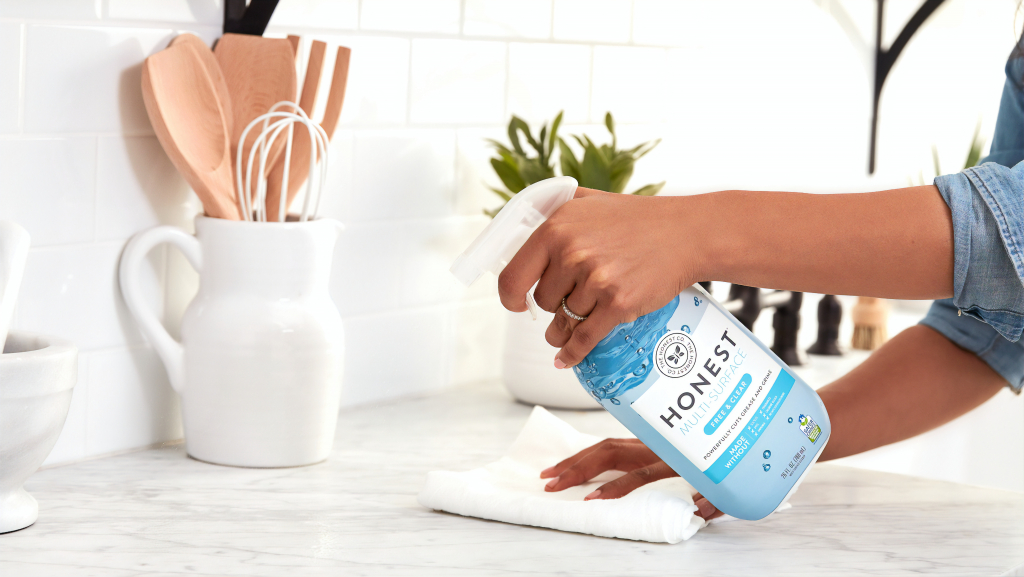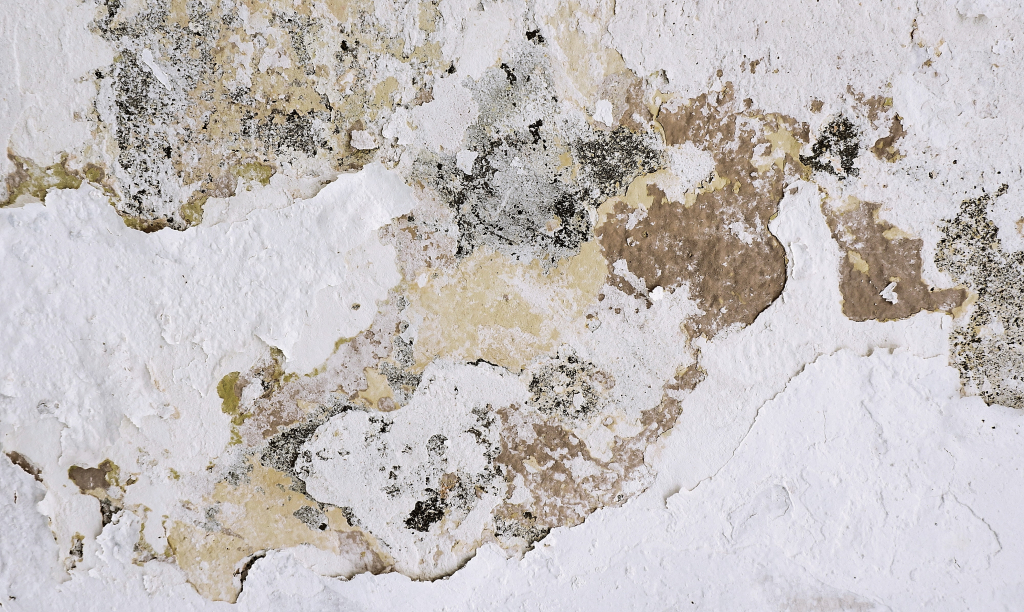Sometimes it is unavoidable to have a tenant who treats their landlord like an on-call repairman. As a landlord, you are responsible for certain repairs and maintenance but not all. Your tenant also has a responsibility to ensure that your unit is maintained in good condition.
It is wise to set limitations in terms of repair and maintenance responsibilities of both parties and it must be specified in the leasing contract. This will prevent conflicts from arising in the future.
Determining the responsibilities will be usually based on how intensive the repair task is, whether or not the damage is due to negligence on the part of the tenant, or sometimes based on the cost of the repair.
Here are a few areas where maintenance or repair may be required, and who is responsible for it.
Light bulbs
Replacing light bulbs is just a minor task. The lifespan of a light bulb is also determined by the usage. Because of that, this task is usually given to the tenant upon moving in. However, long-lasting LED light bulbs are commonly used by most landlords so it doesn’t need to be replaced too often.

For light bulbs in the hallway of an apartment building, it will be the responsibility of the landlord.
Some landlords also come in agreement with the tenant that repairs that cost less than $50 (for example) will be the responsibility of the tenant. So replacing light bulbs, lose door screws, or smoke detector batteries will be a tenant’s obligation.
Windows Cleaning or Repair
Tenants are responsible for cleaning windows inside and out. If left with dirt or mold, it can cause deterioration or it could be difficult to open or close. In a tall apartment building, however, cleaning the outside window will be the landlord’s responsibility since the tenant will risk his safety if he does it himself.

Broken windows are usually due to negligence on the part of the occupant, so this is their responsibility. However, if they will replace the windows, they should consult the landlord first because the new window should match the design standard of the unit or building.
Cleaning
Cleaning the unit is also the task of the tenant for obvious reasons; it would seem wrong to call your landlord every day to clean your bathroom or living room for you. This includes garbage disposal. To put it simply, a tenant’s mess is his mess.

Major damage or issues
Unless due to a proven negligence on the part of a tenant, major repairs are the responsibility of the landlord. This includes pest control, fixing a broken down furnace or appliances included in the unit, cleaning gutters, and electric and plumbing issues.
Mold
Molding in wet areas such as bathrooms or kitchens should be addressed by the landlord. The same goes if there will be molding in the ceiling due to leaks in the upstairs unit’s bathroom. For prevention, you might consider installing exhaust fans for good ventilation because that can dry up damp areas.

Service Providers
Ideally, preparing a directory of reliable service providers to conduct maintenance and repairs is not a responsibility, but rather an initiative, which should come from a landlord. This is to ensure that all services needed will be done professionally.
This also comes in handy if a major repair becomes the responsibility of a tenant, especially if the repair will put a tenant at risk if he performs it on his own. To avoid accidents, you can just let him hire one of your recommended service providers.
CLEAR EXPECTATIONS
Most landlord-tenant conflicts are usually due to miscommunication or unclear terms. In the aspect of repair and maintenance, the responsibilities of both parties should be clear and specific in the leasing agreement. Assigning duties should also be based on what your state tenant-landlord law allows.
If a potential client reaches out to you through property listing platforms like Padleads because they are interested in renting your unit, you can include a discussion about repair responsibilities during the negotiation process to set clearer expectations from the get-go.